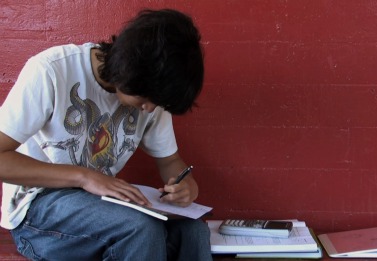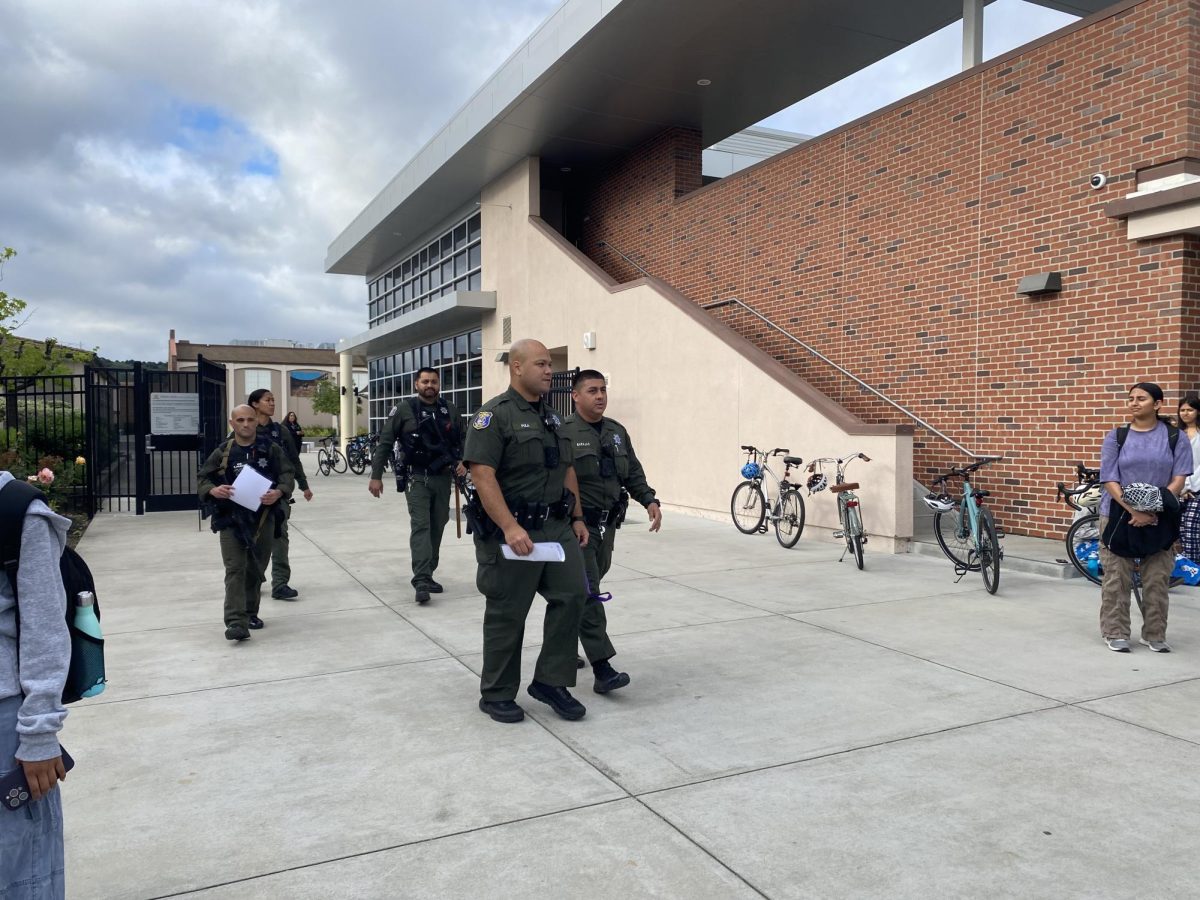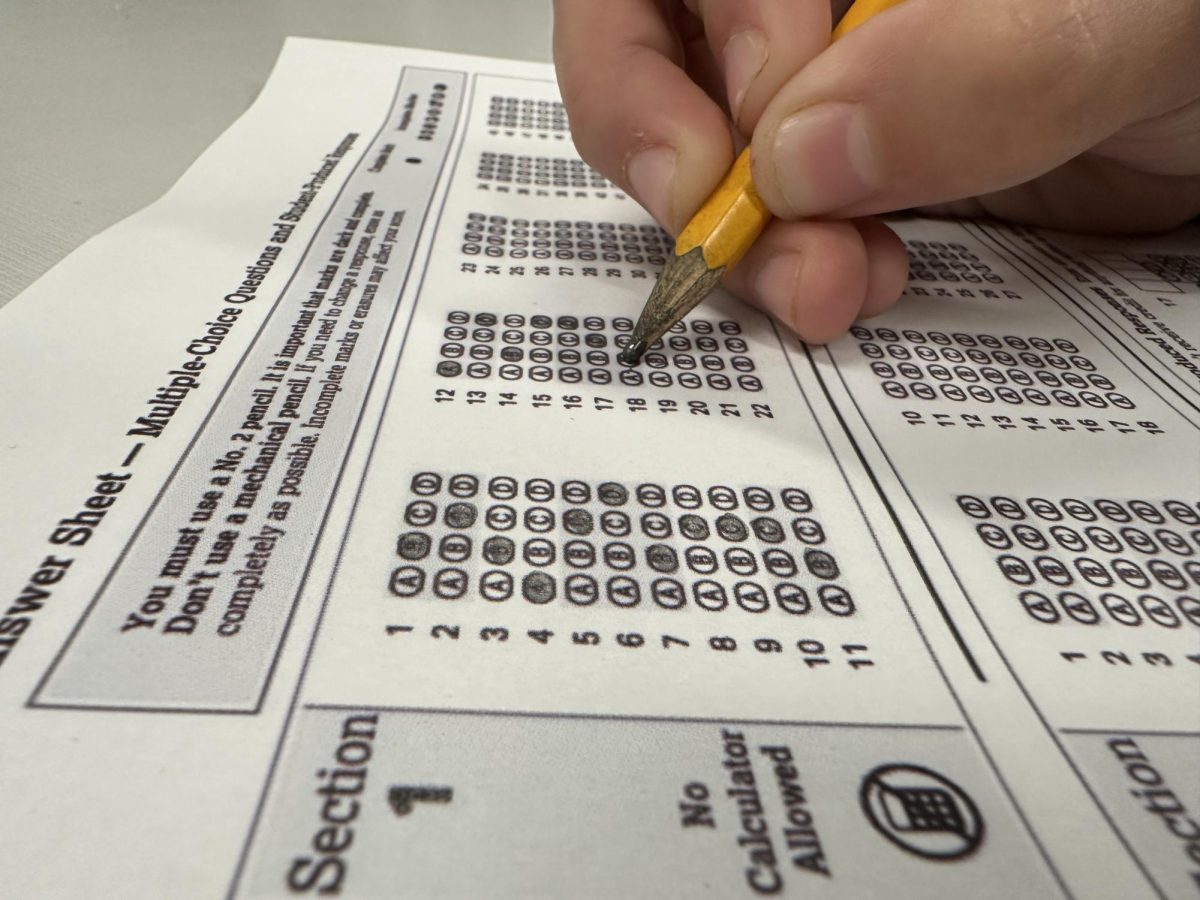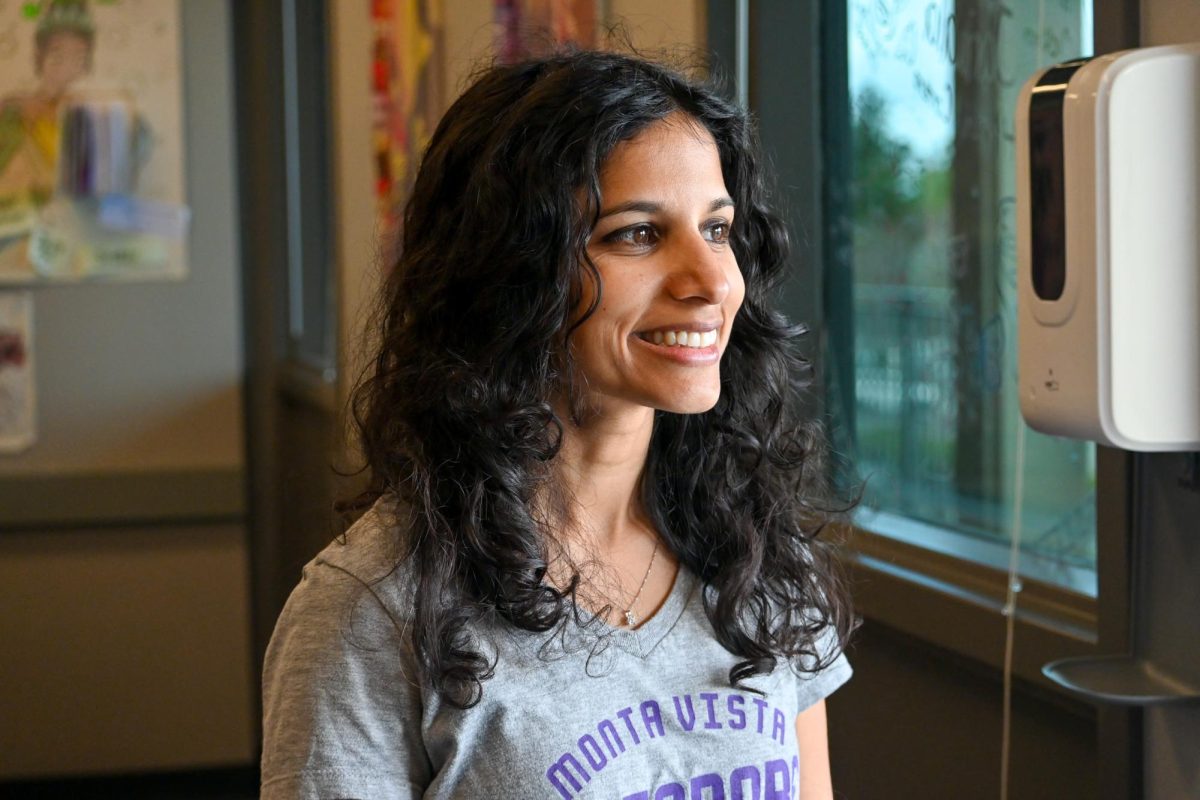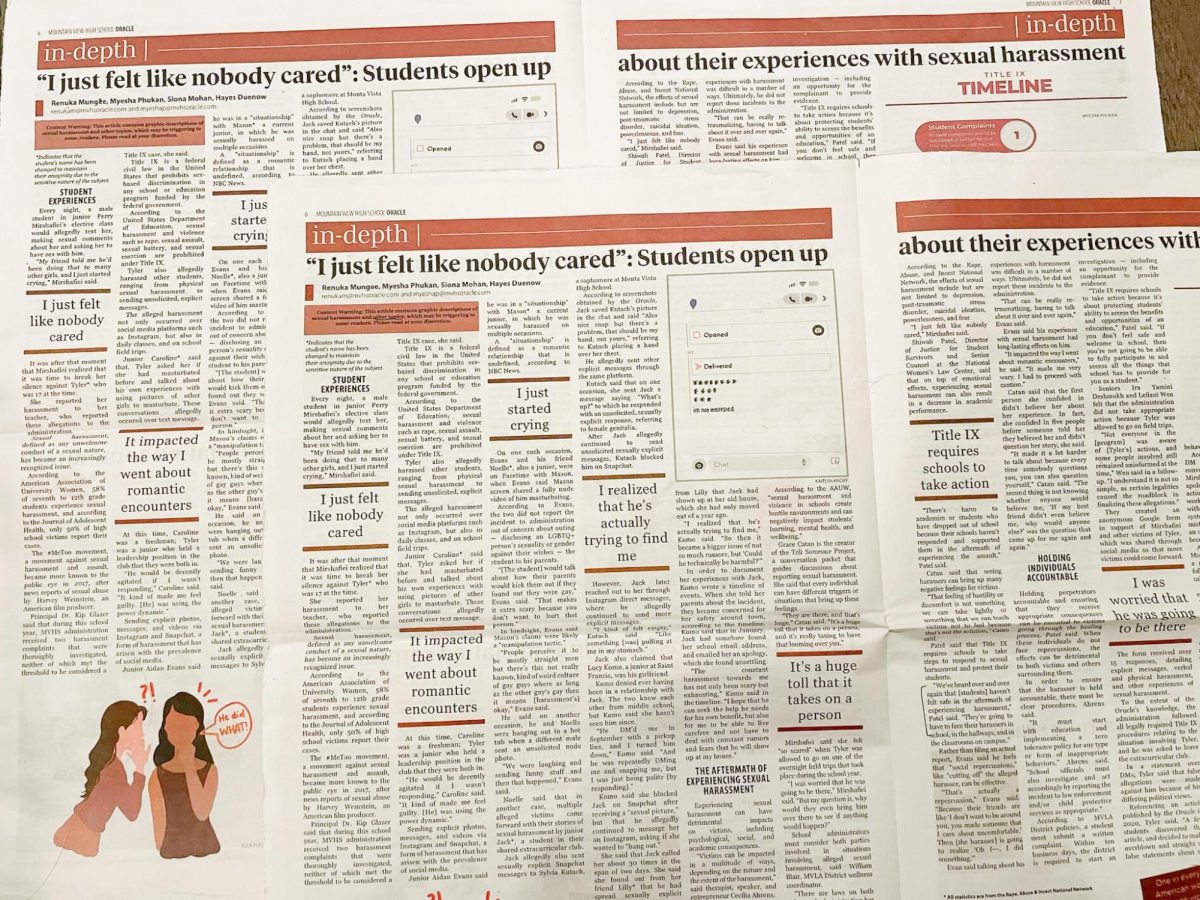 After watching a documentary about high-pressure schools, audience members discussed problems and solutions
After watching a documentary about high-pressure schools, audience members discussed problems and solutions

“It’s not an educational reform. It’s a social reform,” senior Hema Kopalle said.

The San Jose Mercury News once labeled MVHS as an “academic powerhouse.”
But as Kennedy Middle School and MVHS community members saw the documentary “Race to Nowhere” in the MVHS auditorium, they realized that every powerhouse eventually burns out.
On Jan. 11 and 18, parents, teachers, and students were invited to watch the award-winning documentary that focused on high-pressure education system—a pertinent topic for MVHS pupils. The seats were filled with mostly parents, along with a few students and teachers. Before the viewing, attendees received sheets on which they could write their feedback and a paper that listed solutions to mobilize education changes.
Poonam Pandey’s, sophomore Pooja Pandey’s mother, believed the movie opened her eyes further into the problems at MVHS, many of which she had already recognized.
“Learning by [memorization] is something we did in India. I thought in the U.S. schools would give an opportunity to students to explore and think out the box but unfortunately that isn’t happening anymore because there is no time to think out of the box,” Pandey said.
After the 85-minute film on Jan. 18, KMS counselor Jessica Williams and MVHS Student Advocate Richard Prinz began a discussion with the audience, tailoring it to KMS and MVHS experiences. Williams began by asking audience members to “raise a hand if their child has ever cried over a grade” or “if they talk about their fears of the future.”
Following the simulation, several KMS and MVHS parents were quick to participate—many questioning whether schools and teachers were willing to change.
“When we see a film like that it’s upsetting because we feel like something isn’t right,” Prinz said.
KMS Principal Nicole Johnston advocated for concrete changes in response to the parent’s concerns. She mentioned that students were struggling with the new teaching structure, which is focused on critical thinking, because it wasn’t the simple memorize and regurgitate method.
“How do you expect us to do well when you can’t even make mistakes?” a student in “The Race to Nowhere” said.
Senior Hema Kopalle, the last audience speaker, stepped out of the auditorium booth where she controlled the technicalities of the screening, as the only student who raised her hand for the microphone that evening. She provided an articulate opinion that caught the audience by surprise.
“The [discussion] focused a lot more on the homework load for some reason…Both nights they definitely put [the blame] on the teachers,” Kopalle said later in an interview. “Maybe it’s just because parents don’t like to think they are doing something wrong with their parenting.”
Kopalle categorizes her opinion on the way of solving the web of complicated issues revolving around the topic.
“It’s not just one thing.” Kopalle said later in an interview. “I mean you can say ‘It’s homework, it’s teachers, it’s how things are done, it’s the college application.’ But in a way it’s just everything. I think the most important thing really…is to make a person accept that they themselves are smart. First you need to fix the way people think. It’s not an educational reform. It’s a social reform.”
















